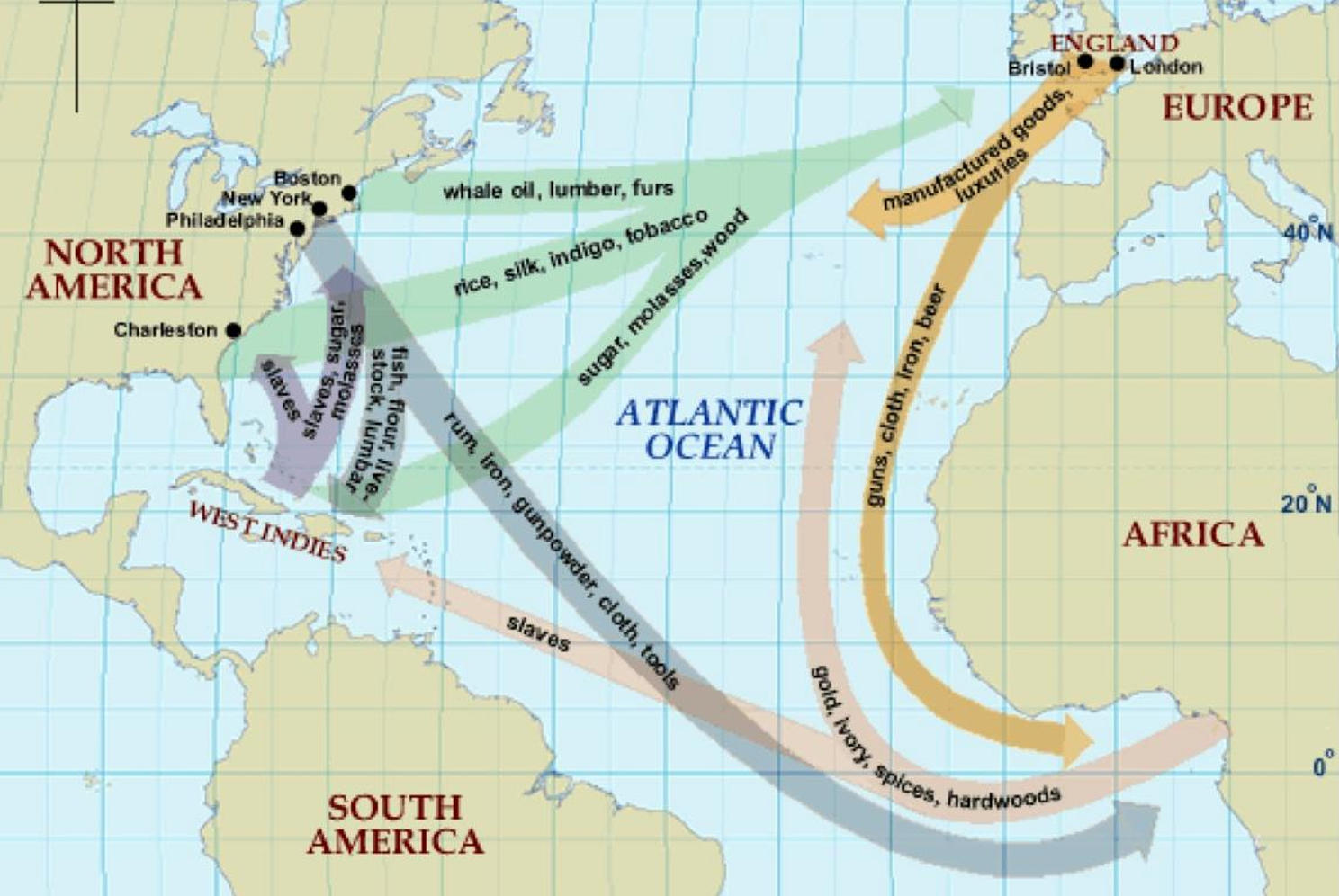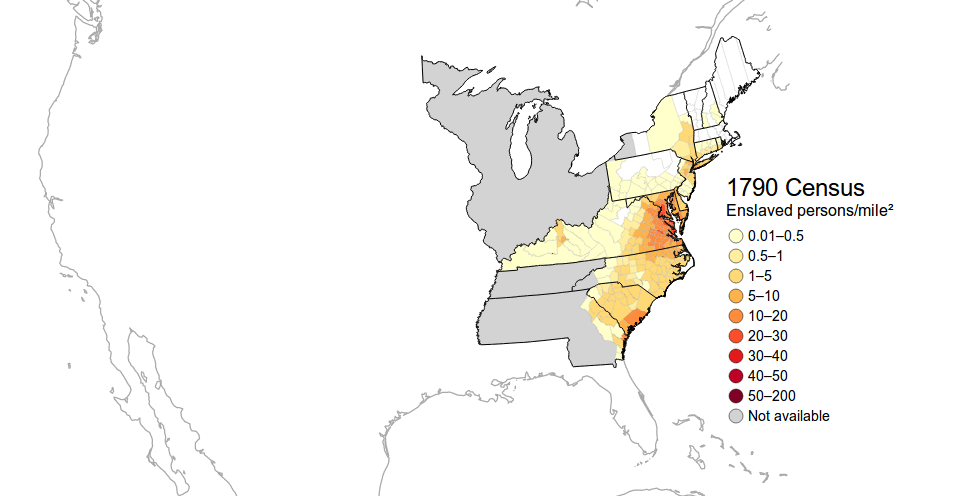I partially disagree.
BBQ most definitely didn’t come from white folks, look at the history of most white owned BBQ joints in the South and there’s always a story of some old Black man teaching them. Kind of like old country artists always have that same kind of story. Not to mention there’s nothing comparable I’ve seen within European cuisine, especially not that shyt from the British isles. Whats more likely in my opinion is the theories that it either came from Native American influence, or came by way of Caribbean slaves who were brought in to the Carolinas during the early years of the colony which explains the similarities you see between bbq and jerk.
I also had saved a youtube clip of a woman in a Gambian village frying chicken just like we do, but it’s got shut down due to copyright reasons.

Bar-b-que is barbacoa. It is attributed to Taino Indians, but it definitely came to the Africans through Europeans, mostly the Spanish.
Now African Americans revolutionized that shyt, but nope it came from the Taino through the Europeans to the Africans.



 Memories of voudou rarahs in Aquin, Southern Haïti
Memories of voudou rarahs in Aquin, Southern Haïti


